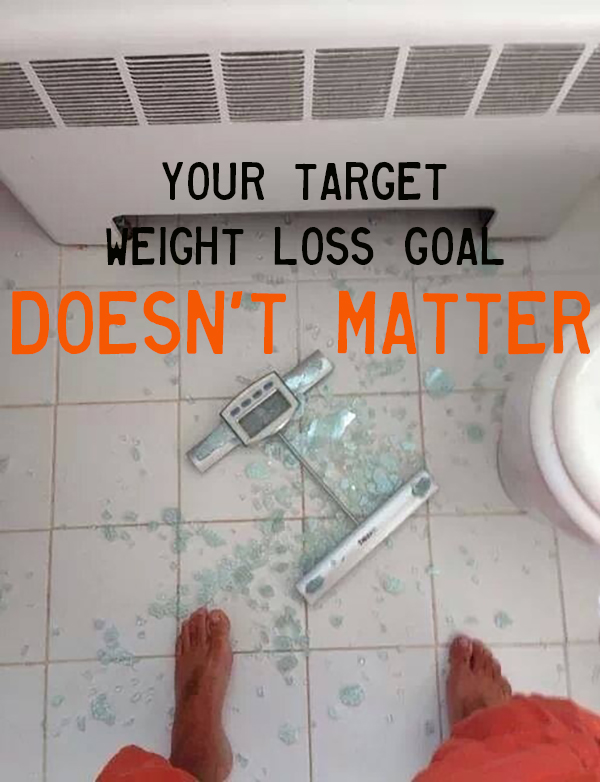When it comes to setting weight loss goals, most dieters are unrealistic. Medical experts, concerned with adequate nutrition and physical and psychological health, recommend an average weight loss of a half to one pound per week. But dieters want nothing to do with that. They expect to lose at a rate twice as high, at a minimum.
Scientists have studied, at length, dieters’ expectations about losing weight. Dr. Thomas Wadden, Director of the Center for Weight and Eating Disorders at the University of Pennsylvania, found that even when patients were “informed repeatedly” that their weight loss goals were unrealistic, they still wanted to lose more than was recommended.
In another study, a group of women expected to lose 22 to 34 percent of their weight in six months, and when told that average weight loss is 8 to 10 percent during the first six months of dieting, they said that number was “unacceptable” and “disappointing.”
Patients undergoing gastric lap band surgery were no different. They expected to lose almost 100 percent of their excess weight when typical results are 20 to 25 percent.
But does it matter if a dieter’s weight loss goals are realistic? Apparently not.
After six months, the women who expected to lose 22 to 34 percent were encouraged by the loss of much less. It seems that any and all weight loss, regardless of the original goal, improves body image and raises self-esteem.
3 Body Image Power Songs Every Woman Should Hear
When David Allison, Director of the Nutrition Obesity Research Center at the University of Alabama, examined several studies addressing weight loss goals, he found no consistent association between the ambitiousness of the goal and how much weight was actually lost. Good sense tells us that unrealistic goals may lead to disappointment, but scientific evidence does not back it up. Dieters are happy with any move in the right direction, as long as they have the ability to be satisfied early on.
How then should a well-intentioned dieter set a meaningful weight loss goal? Set it high, set it low, or don’t set it at all because it doesn’t really matter. Consider that the actual number of pounds lost is not directly under anyone’s control. One can eat fewer calories and actively burn more, but there is no guarantee weight will change. Besides, the formulas that calculate calorie requirements are outdated and they don’t account for the metabolic reduction that always happens after a loss of 10 to 20 percent.
10 Gym-Free Ways to Burn an Extra 100 Calories
In reality, an individual’s ideal weight for height is the one where fat and muscle mass are in correct proportion for gender and age. It is the weight most easily maintained without excessive hunger — somewhere between BMI 20 to 25, the “normal” range. How quickly one reaches that weight, and whether it is maintained, depends upon calories eaten and calories burned, and those goals are under personal control.
What recourse does one have except to choose wholesome foods, exercise regularly, and honor feelings of hunger and satiety? Learn to be mindful and let the weight fall where it may.
Also Read:
The Brown Fat Takeaway TIME Magazine Missed
5 Things to Know About the New Food Labeling Laws
The Only Fitness Tracker Review Guide You Need
image via reddit

